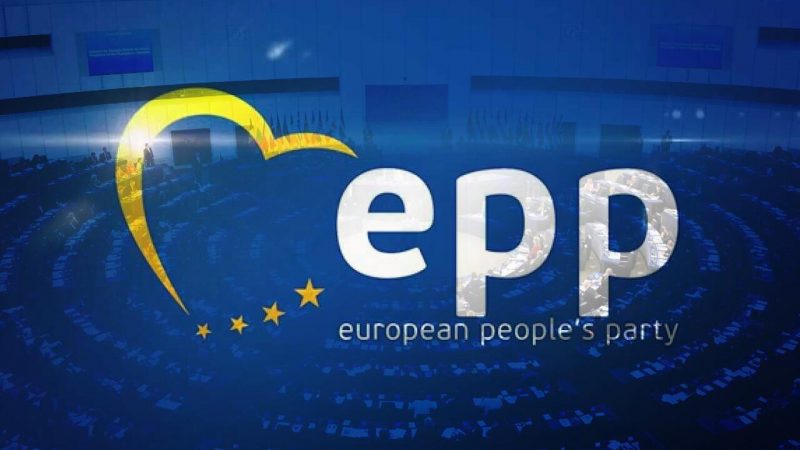On May 26, elections to the European Parliament were held. High voter turnout came as a surprise as the numbers had been falling lower and lower for the last forty years… Yet, in 2019, 51% of Europeans came out to vote.
Results of elections
In the new EP, fragmentation is clearly taking place. The right expectedly strengthened their positions, and eurosceptic formations were especially triumphant (even if they did not win a majority). At the national level, nationalist parties achieved impressive results, France and Hungary being two examples.
Nigel Farage’s newly formed Brexit party also won as a consequence of the governmental crisis in Britain.
EPP and internal crisis
The European People’s Party retains the majority of seats in the European Parliament — however, with a much smaller lead than usual.
In March 2019, Hungarian Prime Minister Viktor Orban’s Fidesz Party had its membership in the EU-led European People’s Party suspended. 12 parties in the formation officially asked to start a procedure for their exclusion or suspension.
Orban, trying to find a balance, made some concessions, but, at the same time, pointedly negotiated with right-wing forces (including Matteo Salvini and Marine Le Pen). Yet, as the elections made clear, Fidesz still remains in the EPP – but for how long?
A conflict is developing – at the moment it is known that Fidesz does not support Manfred Weber’s candidacy for the presidency of the European Commission, as Orban said on May 6.
The night of the elections, Orban announced really plans to move to another group in the European Parliament:
“Regarding a new president of the European Commission, he said he would support a candidate who was anti-immigration, had “national feelings” and was “ready to defend” Christian culture.”
New EPP
The European People’s Party received, according to the latest data, 180 mandates. Since this is not enough to form a majority, it will have to form a coalition. A natural alliance with the Social Democrats (with whom they have partnered in the past) is not enough.
Experts note that the most likely new allies are the Greens and the Alliance of Liberals and Democrats. The new EPP leader, Manfred Weber, has already turned to his green colleagues. Weber also said earlier at a press conference that the European People’s Party does not intend to cooperate in the new EP convening with parties that do not believe in the EU project.
Weber will push to form a majority even if it entails forming a coalition with the liberals. If such a coalition is created, he will become the new chairman of the European Commission. His predecessor Jean-Claude Juncker has already “blessed” Weber’s candidacy.
Given that both the Greens and the Liberals have increased their presence in the European Parliament, the European People’s Party and the Social Democrats will be forced to turn to them for support.
Weber is not willing not to cooperate with the right wing, which has caused problems inside the EPP with Fidesz.
Thus, the conservative turn in the European People’s Party has been delayed – with a large percentage of liberals and green candidates, the push to strengthen traditional values, religion and national economies is not yet an option.









Leave a Reply